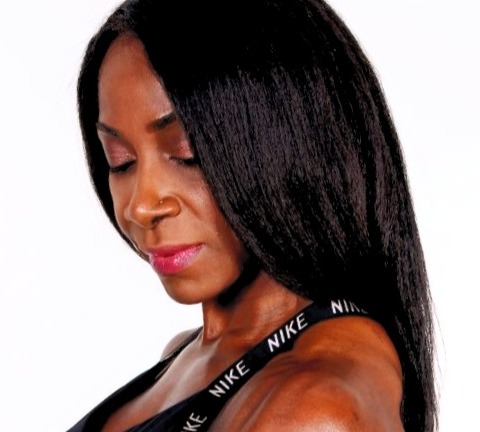October is Breast Cancer Awareness Month
- Pat Greaves

- Oct 1, 2021
- 2 min read
Did you know that exercise is an important part of your breast health?
Medical studies show that exercise can reduce the risk of developing breast cancer as well as reducing breast cancer recurrence if you have been diagnosed and treated.
There also is evidence that exercise can help breast cancer survivors live longer and lead more active lives.
What’s the connection?
Having a consistent exercise routine has these positive effects-
It lowers your risk of not only getting breast cancer, but also other cancers
(such as uterine, lung and ovarian) by helping you maintain a healthy weight and body mass index (BMI). Women with a BMI over 25 have a greater chance of developing breast cancer because fat cells produce estrogen which can result in making hormone-receptor-positive breast cancers develop and grow.
Calculate your BMI here https://www.cdc.gov/healthyweight/assessing/bmi/adult_bmi/english_bmi_calculator/bmi_calculator.html
If you are undergoing breast cancer treatment, exercise can help you manage the effects of chemotherapy. In addition to a natural loss of bone mass as we age, cancer treatment can also decrease bone density. Doing weight-bearing exercises helps to strengthen bones along with building muscle mass.
Read more about the effects of strength training on bone density - https://www.health.harvard.edu/staying-healthy/slowing-bone-loss-with-weight-bearing-exercise
Exercise also has a positive impact on your overall well-being. Strength and endurance increase and your stress levels decrease - critical factors in helping your body to fight cancer if you are undergoing treatment.
Read more about it - https://www.calmmoment.com/living/why-exercise-is-good-for-your-mental-health-and-wellbeing/amp/
Your exercise routine doesn’t need to be overly strenuous. If you already engage in regular workouts, listen to your body and make sure you allow yourself recovery days.
If you plan to begin, just start moving - take regulars walks, find an exercise modality you enjoy and make time for it on your calendar.
Find out what your body needs and what works best for you. And if you’re not sure, check with your doctor for direction.
And most importantly, make sure you do your monthly breast self exams and schedule your yearly mammograms. If you see or feel any changes, schedule an appointment for an examination. Early detection is the best form of improving your chances of survival from this disease that takes away too many of us.
How to do a breast self-exam
https://www.breastcancer.org/symptoms/testing/types/self_exam
*I dedicate this blog to my dear friend Annjanet, who I lost to breast cancer October 11, 2020. During her 5-year battle, she lived her life to her fullest ability, never letting her diagnosis stop her from making the most of each day and touching others with her beautiful smile.








Comments